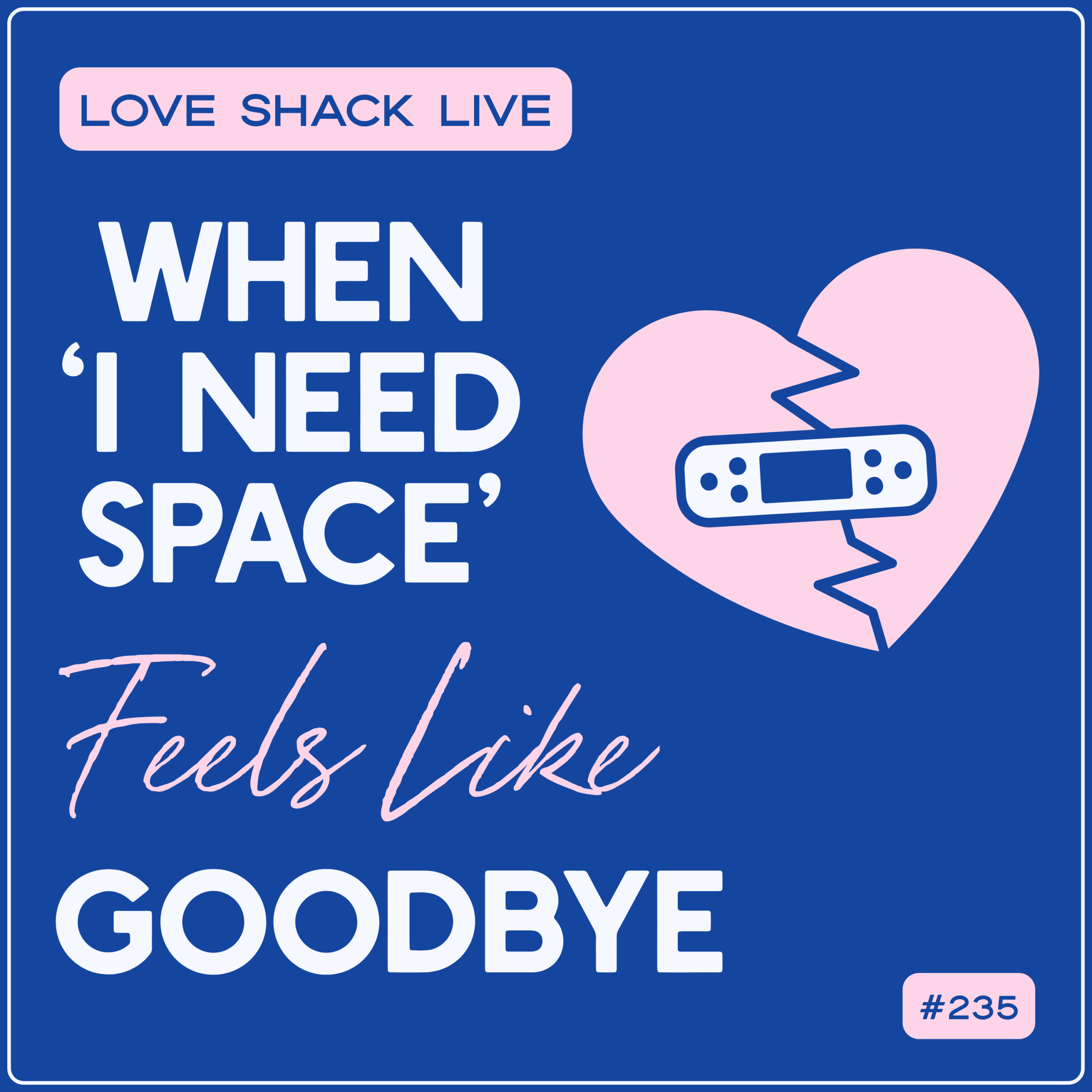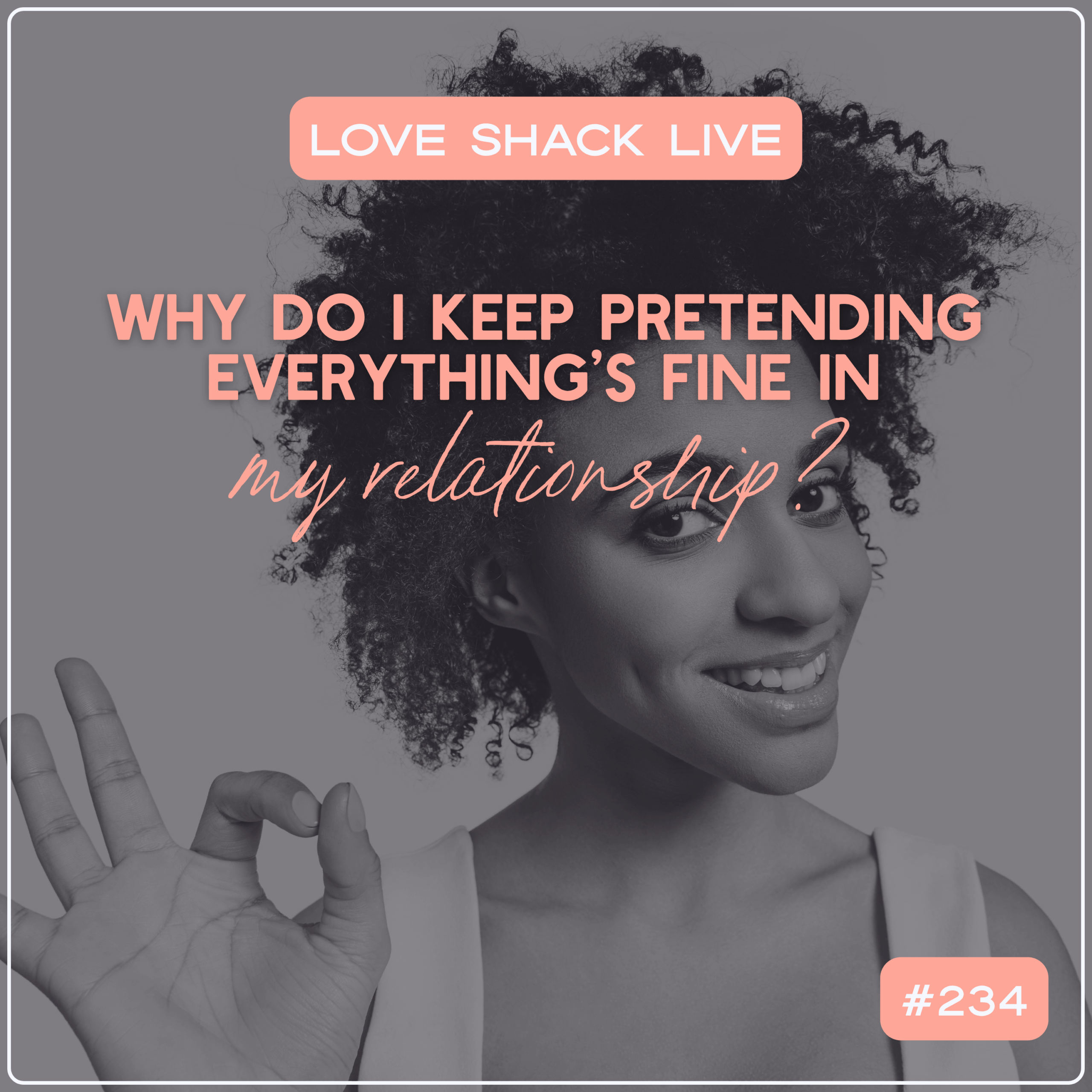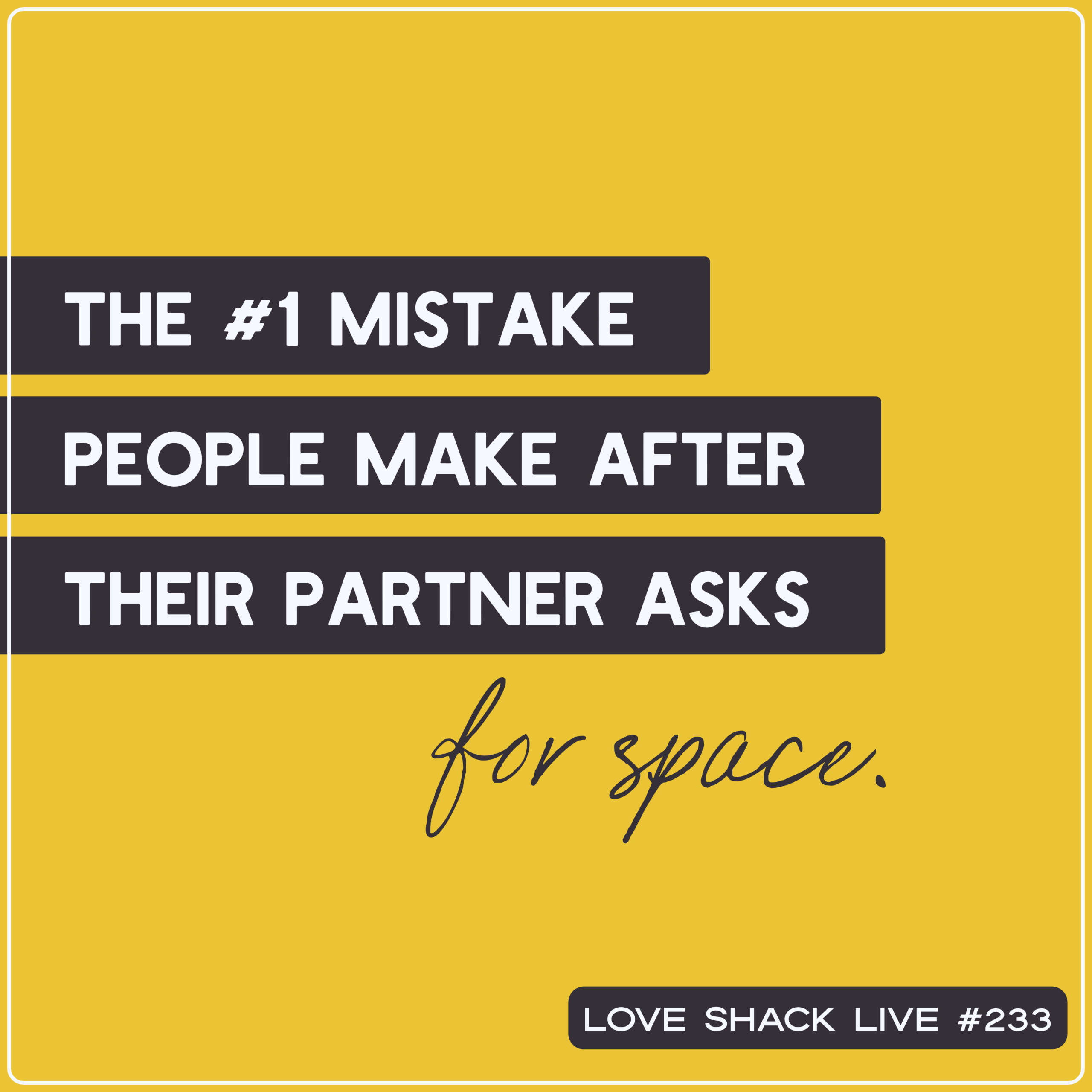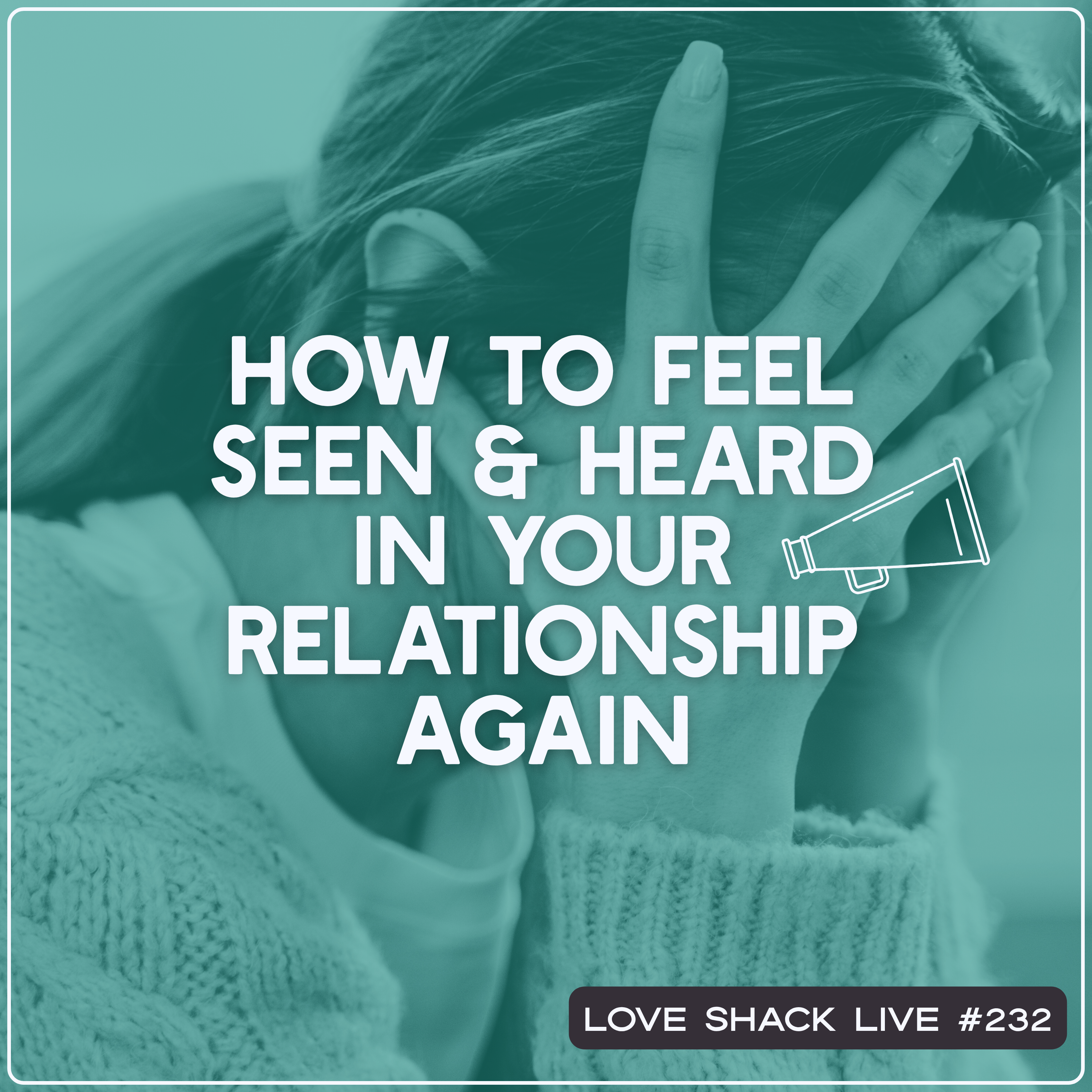
Addiction is a tough topic to talk about, but it’s important that we do.
The statistics are alarming – Almost 21 million Americans have at least 1 addiction, yet only 10% of them receive treatment. This means you’ll most likely encounter someone with addiction in your life, and it’s very possible it will affect your marriage, relationship, or family.
In this week’s episode, we’ll be discussing how addiction may harm even the closest relationships, as well as how to avoid it. If you’re struggling to support a loved one with addiction, this episode is for you.
We have Nicholas Mathews as a guest this week. Nicholas is a substance abuse expert and addiction expert who dedicates his life to helping others get to the root of their addiction. Nicholas will be sharing some strategies for supporting a friend or loved one struggling with substance abuse.
After listening to this episode, you will understand the impact addiction can have on even the most “meant to be” relationships. You will also have actionable strategies for supporting a friend or loved one struggling with substance abuse.
Nicholas Mathews is a founder of Stillwater Behavioral Health, a Dual Diagnosis treatment facility that personalizes care to help those struggling to recover from substance addiction and mental health disorders. Nicholas abused opioids at a young age before becoming a heroin addict at age 16. It was only when he developed a life-threatening liver condition that he realized he needed to get clean.
After succeeding, he dedicated his life to guiding others into sobriety, becoming a consultant for various treatment facilities. This work made him determined to fix deficiencies in clinical care and boost the overall effectiveness of treatment programs. That’s when Stillwater was born. He intends to grow the facility to help even more people regardless of their socioeconomic background. He currently studies at Harvard Business School online.
In this episode, we’re covering several key topics about how to love and support someone with an addiction, including:
- What signs indicate that someone might have a substance abuse problem?
- How do you properly support recovered/recovering addicts and avoid patronizing them in social contexts?
- What is the first thing you should say to someone who might need help?
- Learn about the root causes of addiction and how to address them
Listen in live Thursday at 1 pm PST/4 pm EST — and don’t forget to subscribe so you never miss an episode!
Links mentioned in show:
- Learn more about Nicholas and his work here.
- Get your copy of the book now!
- How To Stop A Fight In 20-Seconds Or Less. Get Your Free Cheat Sheet Here.
- Relationship Check-up – tired of re-hashing your issues with your partner without making progress? Schedule your check-up today!
- Get on the fun list here.
- Check out our Love Shack Live Playlist for all the songs we play on the show.




